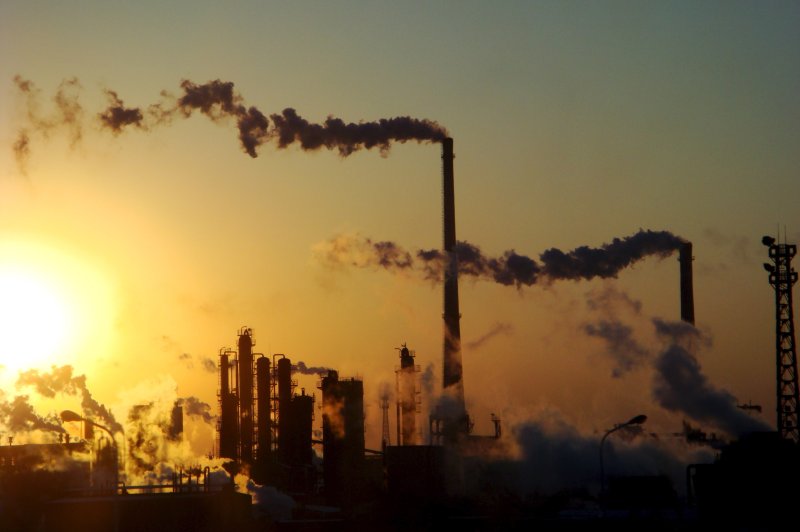A U.N. expert said Tuesday people living in poverty will be severely affected by climate change. File Photo by Ryan Tong/EPA-EFE
June 25 (UPI) -- A United Nations expert said Tuesday the world is headed for a "climate apartheid" that could see those living in extreme poverty most affected by greenhouse gases and their effects -- mainly because the wealthy will literally buy themselves out of trouble.
Philip Alston, the U.N. special rapporteur on extreme poverty in human rights, said at a conference in Geneva, Switzerland, that climate change will have a profound impact on human rights where only the rich will be able to shield themselves from the worst effects.
Even a warming of 34 degrees Fahrenheit by the year 2100 will see extreme temperatures in many regions and threaten disadvantaged populations with food insecurity, lost income and worsening health, he said. Many would have to choose between starvation and migration.
"Perversely, while people in poverty are responsible for just a fraction of global emissions, they will bear the brunt of climate change, and have the least capacity to protect themselves," Alston said in a statement. "We risk a 'climate apartheid' scenario where the wealthy pay to escape overheating, hunger, and conflict while the rest of the world is left to suffer."
Alston said such economic imbalance will challenge development and healthcare worldwide.
"Climate change threatens to undo the last 50 years of progress in development, global health, and poverty reduction," he added. "It could push more than 120 million more people into poverty by 2030 and will have the most severe impact in poor countries, regions, and the places poor people live and work."
Climate change will also affect the genders in different ways, making women and girls even more vulnerable, he said.
Alston authored a report last month that criticized Britain's Conservative Party, calling its policies on welfare equivalent to 19th century workhouses. British officials said the study painted an erroneous picture.















